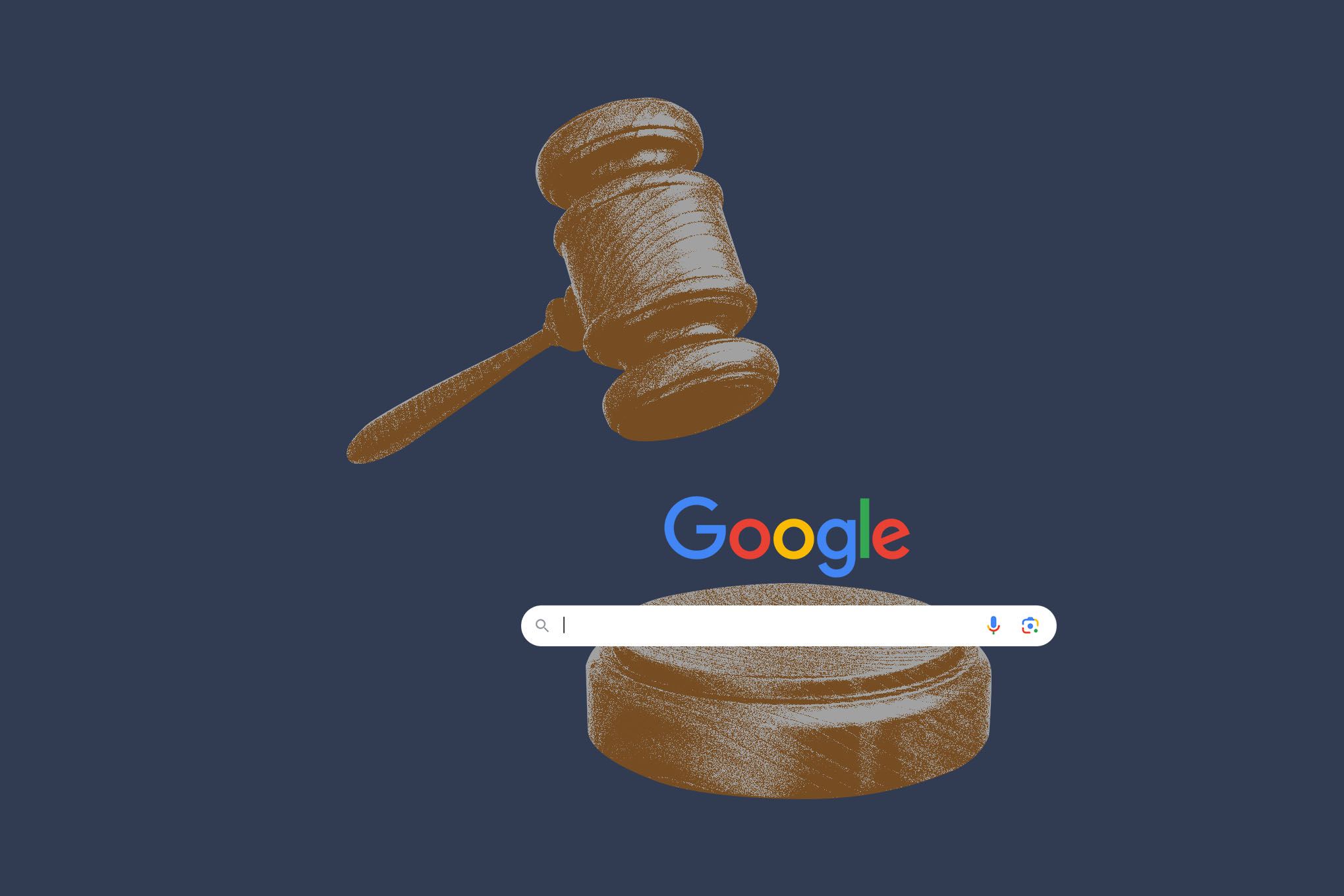DC District Court Judge Amit Mehta delivered a landmark antitrust ruling Tuesday that allows Google to keep Chrome but forces the search giant to share valuable data with competitors and end exclusive distribution deals. The decision marks the most significant tech antitrust remedy in 25 years, though Google can still appeal the underlying monopoly finding all the way to the Supreme Court.
Google just dodged the biggest regulatory bullet in its 26-year history. DC District Court Judge Amit Mehta ruled Tuesday that the search giant can keep its Chrome browser despite finding the company operates an illegal monopoly in online search. The decision sends shockwaves through Silicon Valley, where executives had been bracing for a potential dismantling of one of tech's most powerful empires.
Mehta's 180-page ruling rejects the Justice Department's most aggressive remedies while still imposing meaningful constraints on Google's business practices. The judge declined to force a Chrome sale but ordered the company to share valuable search information with rivals and banned exclusive deals for distributing search or AI products that could lock out competitors.
The ruling represents the most significant antitrust action against a tech giant since the DOJ's case against Microsoft in the late 1990s. Yet Google may never implement these remedies. With Mehta's decision in hand, the company can finally appeal his underlying finding that it operates as an illegal monopolist – a process that could stretch to the Supreme Court and take years to resolve.
The DOJ had pushed for a dramatic restructuring of Google's empire, arguing in court filings that no single remedy could restore competition to the search market. Prosecutors called Chrome "a key access point" where Google prioritizes its own services and demanded the company sell search query data to jumpstart rivals.
During three weeks of testimony this spring, Mehta heard from Google CEO Sundar Pichai and executives from Apple, OpenAI, and Perplexity. Google warned that forced data sharing could jeopardize user privacy and undermine funding for the open-source Chromium browser engine.











